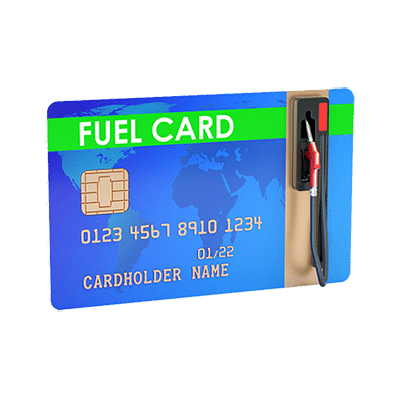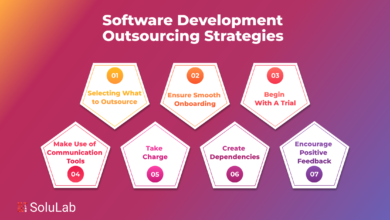The Fundamentals and Advantages of Fleet Fuel Cards

Most fleet fuel cards work similarly to a business credit card. The best cards offer companies valuable metrics and controls to control spending. Some also include tools for analyzing driver behavior to identify areas of concern. Additionally, many offer a driver support line to help drivers save time troubleshooting at the pump.
Convenience
Fleet fuel cards allow business owners to save on gas and other vehicle-related expenses. They also provide a record of fuel purchases, eliminating the need for receipts and making accounting administration easier. Some cards come with a mobile app to access more detailed information on each purchase. While these tools help any company control its budget, they are especially useful for companies that spend a lot of money on fuel. It includes trucking businesses, delivery services and limo companies that cater to tourists. A key feature of a fleet fuel card is its acceptance at various gas stations and service locations. Look for a card that works well within your region or with a broad network of stations nationwide. Check the fees, discounts and controls before signing up for a card. Some cards have no setup or annual fees, while others offer more savings and benefits in return for a monthly fee.
Cost-effectiveness
Businesses in shipping and transportation spend a significant amount of money on gas each year. It includes logistics, delivery services, taxi and limo companies, and travel agencies. Fleet fuel cards can help reduce these costs with features that allow businesses to control and monitor spending like never before. Some cards also offer large rebates that can cut fuel costs by a significant margin. However, review the fine print for terms and conditions, including tiers and rules drivers must adhere to receive these benefits.
Additionally, be sure to look for a card that allows you to set spending controls and transaction limits for your drivers. These can be based on day, time of week, or even by dollar amount. It prevents misuse and saves you money while ensuring that your business is spending what it needs to. Many cards also provide exception reporting to help you identify unusual spending patterns. It is a great feature for any small business owner or first-time fleet manager.
Tracking
Fuel cards for small business, and large businesses also provide detailed transaction data that tells a story about a business’s spending habits and performance. From limiting drivers to specific best-price locations to alerting them when they pump a higher-cost fuel grade and even showing the number of gallons pumped versus tank capacity, these card features help businesses save money and reduce risk. All fuel and vehicle expenses appear on one digital dashboard for easier analysis, recordkeeping, and reporting. It means no more gathering piles of receipts and running back to the lot to check odometer reading entries, saving time on administrative work and making it much more difficult for misplaced receipts to impact tax deductions. When selecting a card program, consider the level of customer service and technical support offered by a potential provider. Ask for references and a pilot to determine whether their solution fits your fleet needs. Additionally, choose a card that integrates with GPS tracking and accounting systems to minimize the number of manual inputs into your business processes.
Exception monitoring
Many fleet fuel cards allow business owners to monitor and minimize transportation-related expenses. They offer more robust data at most brand-name gas stations than traditional business credit cards, allowing companies to see who bought what, where they did it and when. It helps managers keep spending in check and can help them identify areas of waste or improvement. Many also provide the ability to limit purchases in convenience stores, a helpful feature for owner-operators who want their drivers to be able to buy drinks and snacks on the go but don’t want them running up costs. Some even have perks like business identity protection, fraud loss coverage and discounts on vehicle maintenance and roadside assistance. Some cards also require a driver ID, improving security and limiting unauthorized purchases. And mileage reporting makes it simple to track performance and address issues quickly, such as poor gas economy or inefficient driving. The features vary from card to card, but looking closely at each option is important before choosing the right one for your company.
Availability
Fleet fuel cards are available from a variety of providers with different perks. Some cards are station-specific or only work with certain truck stop chains, while others are used nationwide and provide discounts on other services like maintenance and trucking fuel. When selecting a card, it’s important to look at regional coverage, discounts, fees and controls. Choosing a card with high savings makes little sense if it doesn’t cover your area of operations. Other benefits of fleet fuel cards include security features that prevent fraud and keep drivers accountable for business expenses. Some cards also allow business owners to set purchase limits based on dollar amount, time of day or week and other factors.
Additionally, some cards work with truck stop convenience stores to allow employees to buy snacks and drinks for the road, saving on food costs. Overall, fleet fuel cards are a valuable tool for any trucking company. They reduce several trucking expenses, track spending and provide valuable data to help improve fleet performance. By selecting a card with the right features, you can make the best choice for your fleet.



